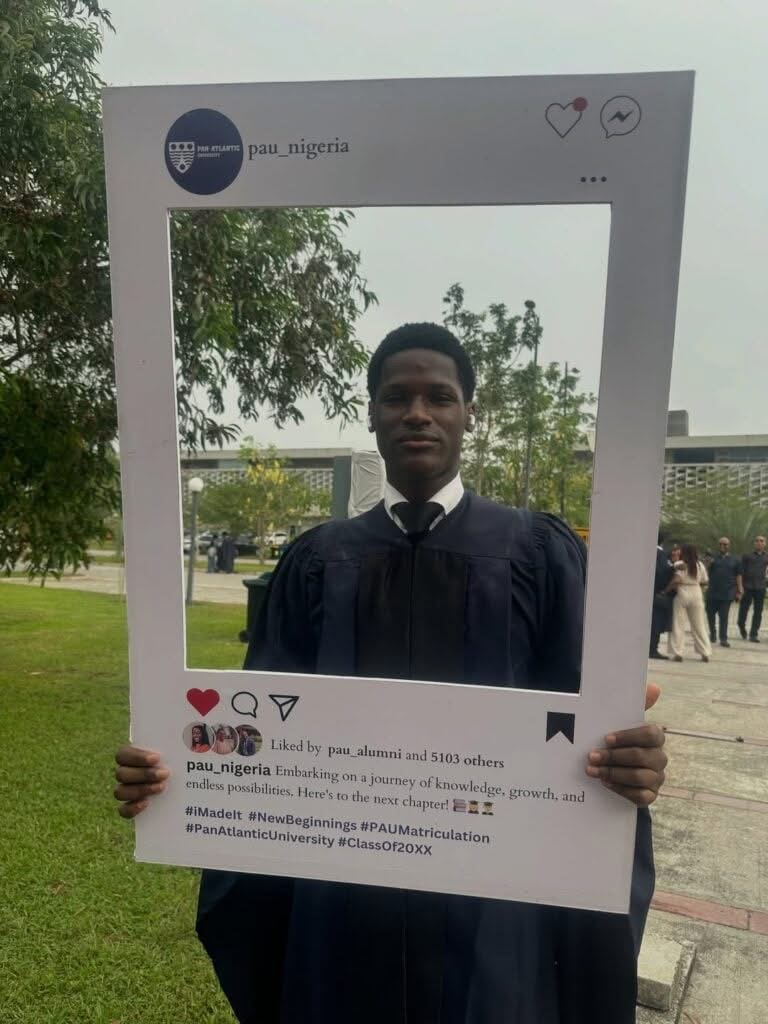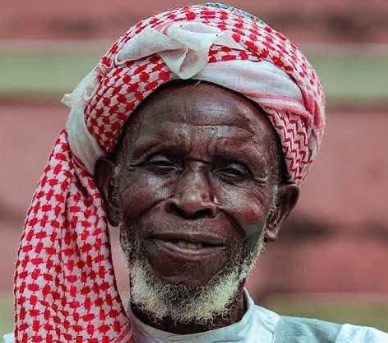Officials from the United Nations and humanitarian organisations have visited Maiduguri over the devastating floods ravaging the area.
The team, comprising of international and national Non-Government Organisations (NGOs), was led by UN Resident and Humanitarian Coordinator in Nigeria, Mohamed Fall.
They arrived in the Borno State capital on Saturday on an assessment visit over the Alau Dam flood disaster.
This was disclosed in a press release to journalists on Sunday by the National Information Officer of the UN Information Centre, Oluseyi Soremekun.
Soremekun said the team met with affected residents, government officials, and Borno State Governor, Professor Babagana Zulum, to assess the damage and outline immediate support measures.
“The flood-affected people are facing a crisis within a crisis, as the floods occurred during a severe food insecurity and malnutrition crisis.
“I witnessed firsthand the devastation and hardship caused by the flooding, including the destruction of homes, businesses, and infrastructure. I also saw the suffering of the affected communities,” Fall stated.
The delegation promised swift action to alleviate the suffering of displaced families, including the provision of food, clean water, sanitation facilities, and shelter.
It stated that many people affected by the floods, reported to be the worst in 30 years, already had humanitarian needs prior to the disaster, having been displaced multiple times by conflict and insecurity, and are now even more vulnerable.
One Million Displaced
Flood waters have displaced more than one million people in and around Maiduguri, which serves as the hub for the responses to the humanitarian crisis in the northeast, in one of the worst ever floods in Africa’s most populous country.
Thousands of homes were engulfed by rapidly rising waters after a dam burst following a weekend of torrential rain in northeastern Nigeria.
Barkindo Mohammed, the director general of Borno State Emergency Management Agency (SEMA), told AFP that the number of people displaced by the flooding could reach one million people.
Mohammed Sheriff, 60, was not so lucky. He too awoke in the middle of the night to rising waters in his home.
Together with his two wives, they carried six of their children, thinking that the two eldest, aged 11 and 13, would be strong enough to fight the current. The two children are still missing.
“We haven’t seen them since and we fear the worst,” Sheriff told AFP.
The National Emergency Management Agency (NEMA) said on Wednesday that at least 30 people have died in the floods — the worst in 30 years, according to the United Nations refugee agency in Nigeria.
Hunger and disease
NEMA’s director general Zubaida Umar said on X on Thursday she was relieved that the “flood level in Maiduguri is receding, and normalcy is beginning to return to the metropolis,” adding that rescue operations were ongoing in the city flooded up to 40 percent.
“Children and families are still trapped in their homes,” British charity Save The Children said in a statement on Friday.
“The immense damage to water and sanitation services is driving up the risk of cholera and other water- and vector-borne diseases,” the NGO said, pointing out that the city’s two main hospitals had also been flooded.
The World Food Programme (WFP) said the disaster would increase the risk of food insecurity, particularly in the vulnerable northeast.
At least 259 people have been killed by flooding in Nigeria since the beginning of the rainy season, according to Umar.
Advertisement




